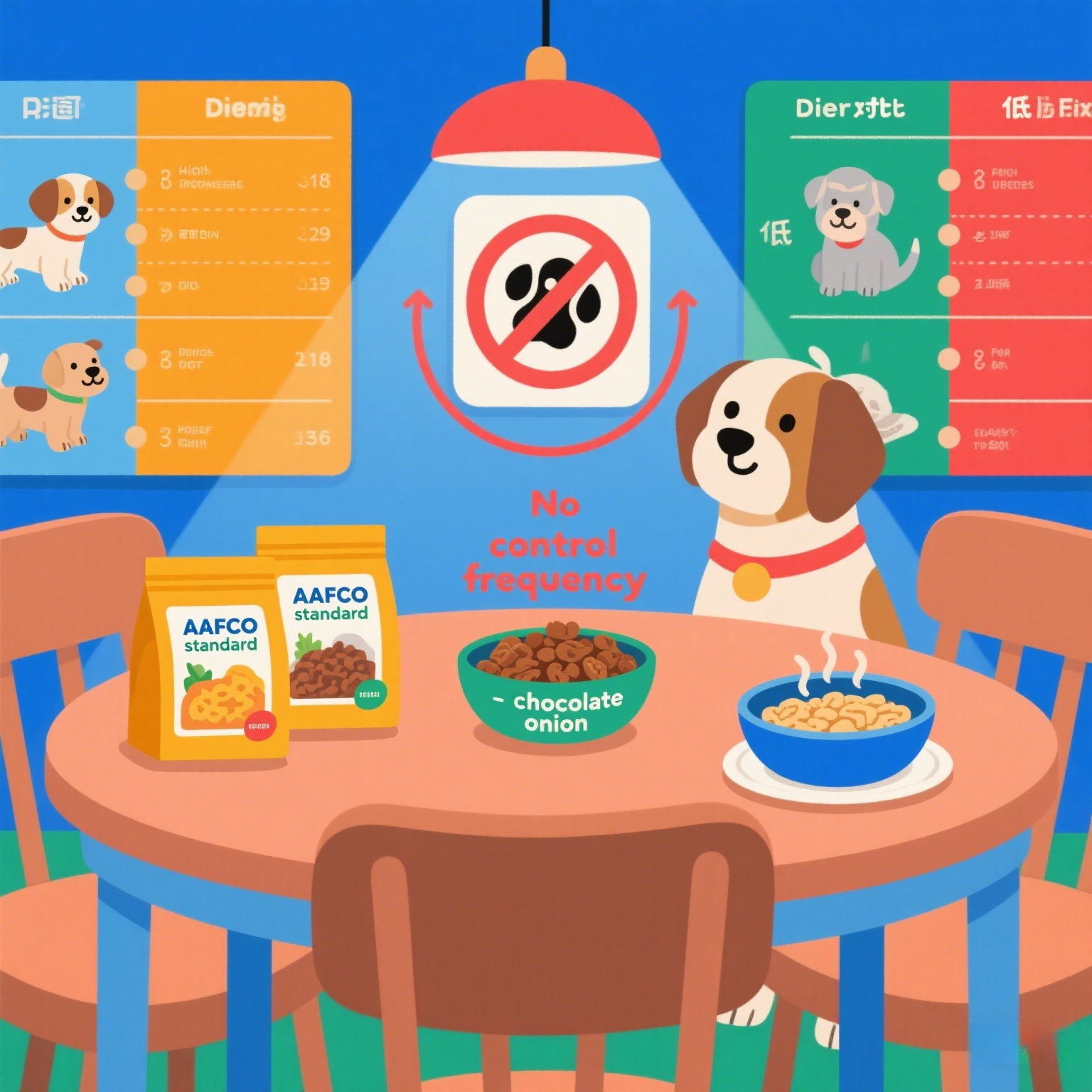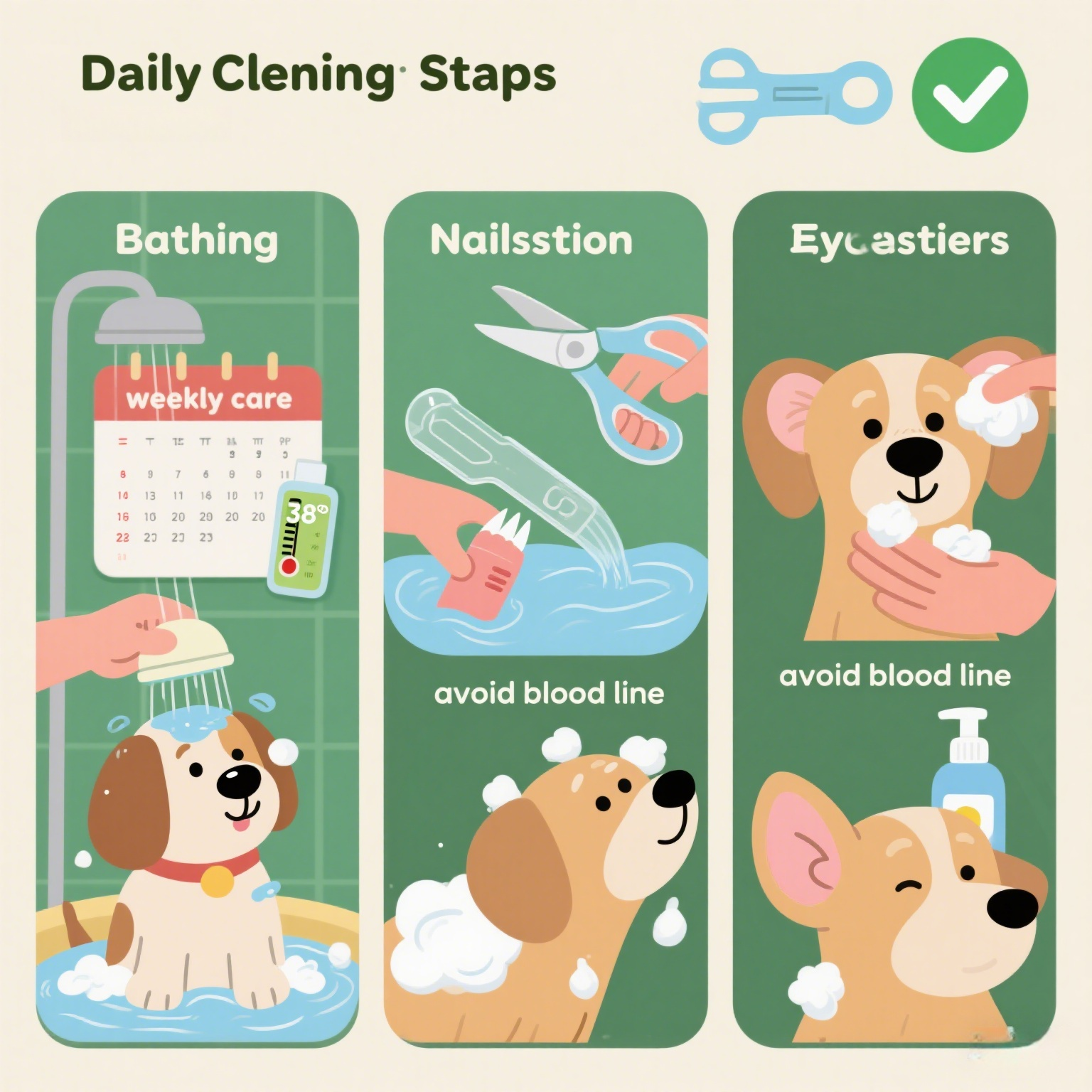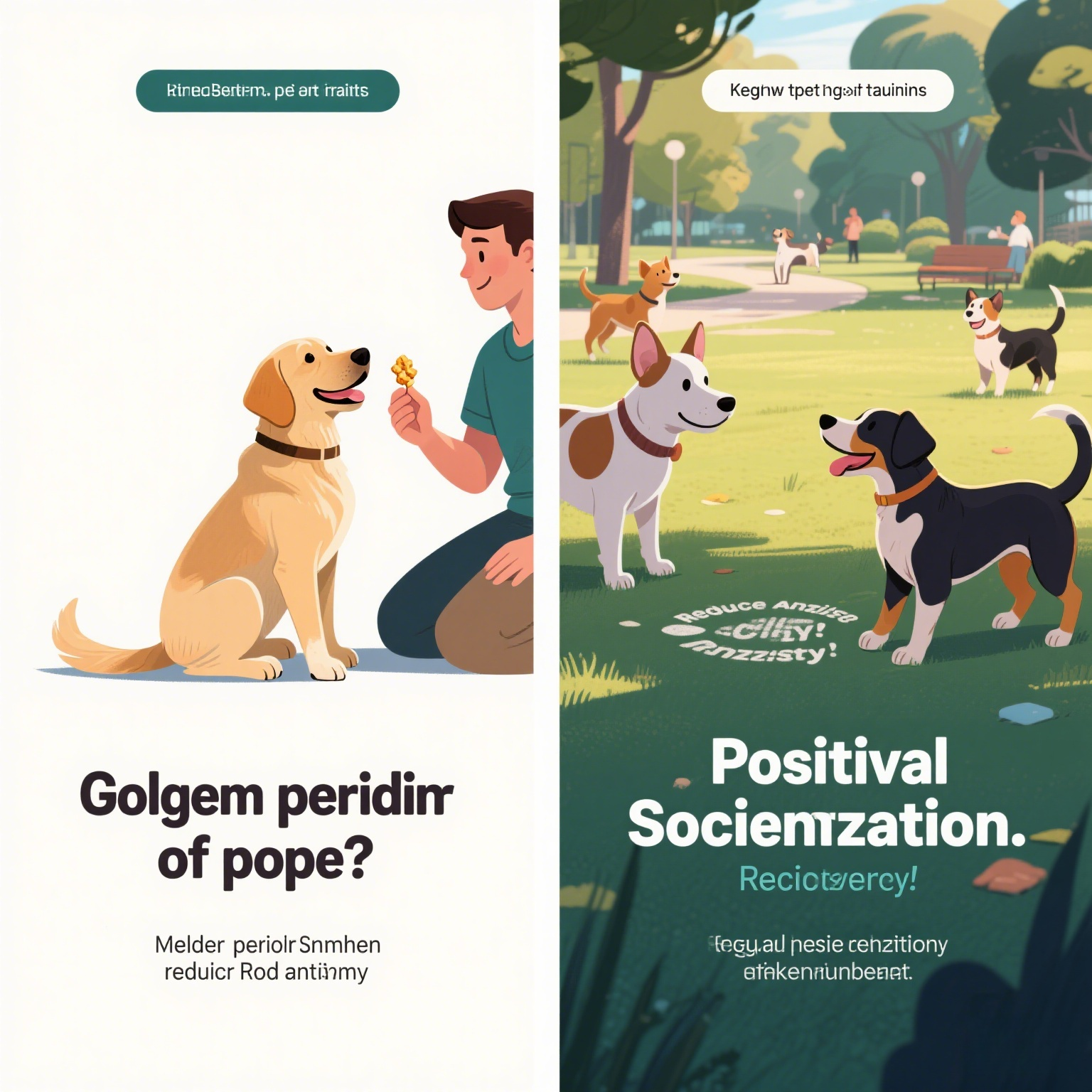Pet Food Selection Guide
04/19/2025 16:32
1
petadd.com
1. Diet management: from basic to advanced
Pet Care Choosing pet staple food that meets AAFCO standards is the cornerstone of health. Puppies need high protein to support bone development, while older dogs should reduce fat intake. Avoid feeding toxic foods such as chocolate and onions, and control the frequency of snacks to prevent joint diseases caused by obesity. For more information about scientific diet matching, please refer to the "Pet Food Selection Guide".
2. Daily cleaning: the first line of defense against disease
Bathe with pet-specific shower gel every week, and control the water temperature at 36-40℃. Avoid using human cleaning products to irritate the skin. Trim nails (transparent part) regularly to prevent blood line damage; special ear wash can be used to clean the ear canal 2-3 times a week. After cleaning, refer to "Pet Daily Care Tips" for more details.
3. Health check: Early detection and early treatment
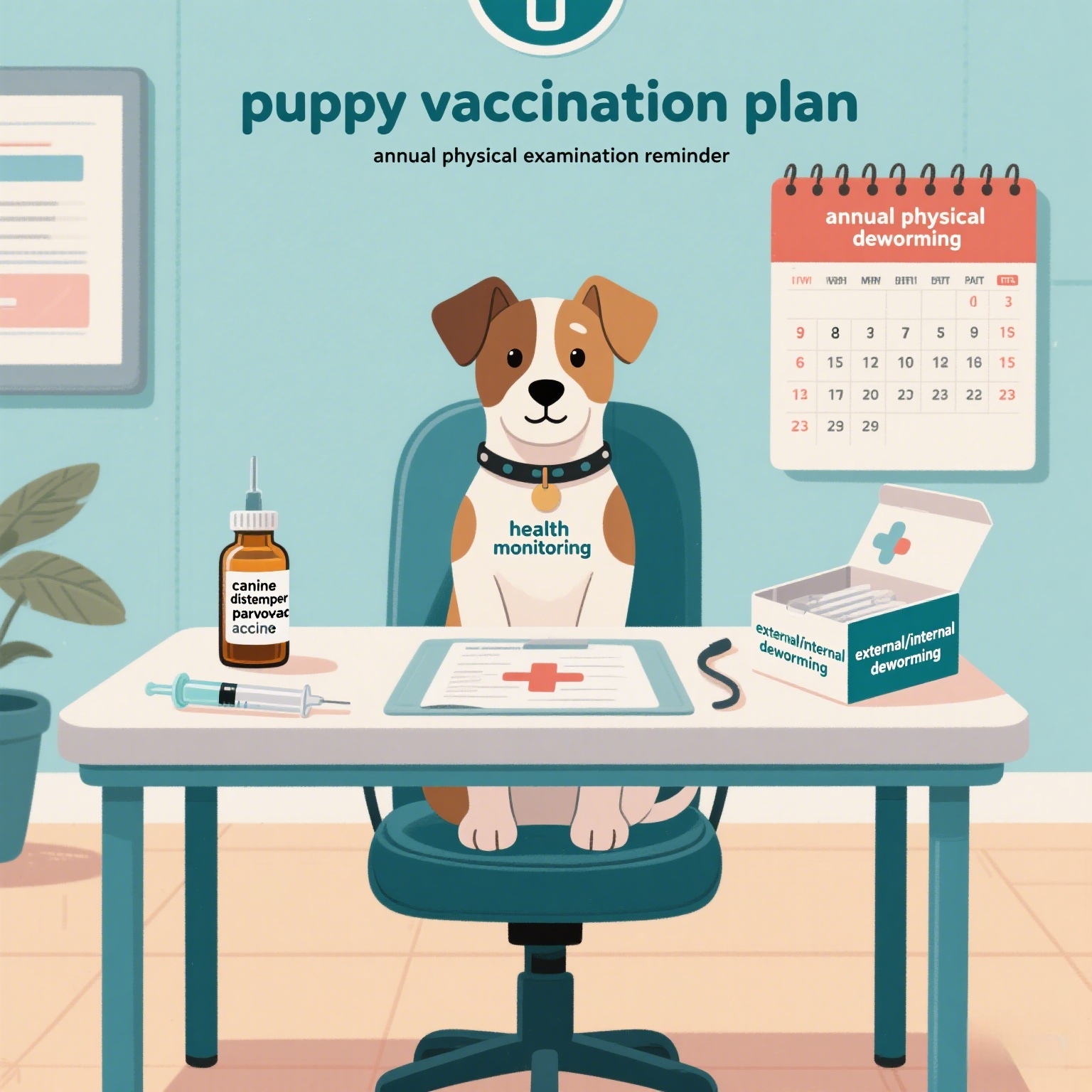
Puppies need to be vaccinated with core vaccines such as canine distemper and parvovirus, and adult dogs need regular physical examinations every year. External deworming should be done once a month, and internal deworming should be done once a quarter. Choose regular veterinary medicine and follow the doctor's advice. If your pet has diarrhea, vomiting and other symptoms, you can refer to the "Self-check of Common Pet Disease Symptoms" for quick judgment.
4. Behavioral training: the key to establishing a harmonious relationship
The puppy period is the golden period for training. Teach commands such as "sit down" and "shake hands" through snack rewards (positive reinforcement). Take your pet out for socializing regularly to reduce separation anxiety and aggressive behavior. If you need professional training guidance, refer to the "Pet Behavior Correction Case Collection".
5. Mental health: an invisible need that cannot be ignored
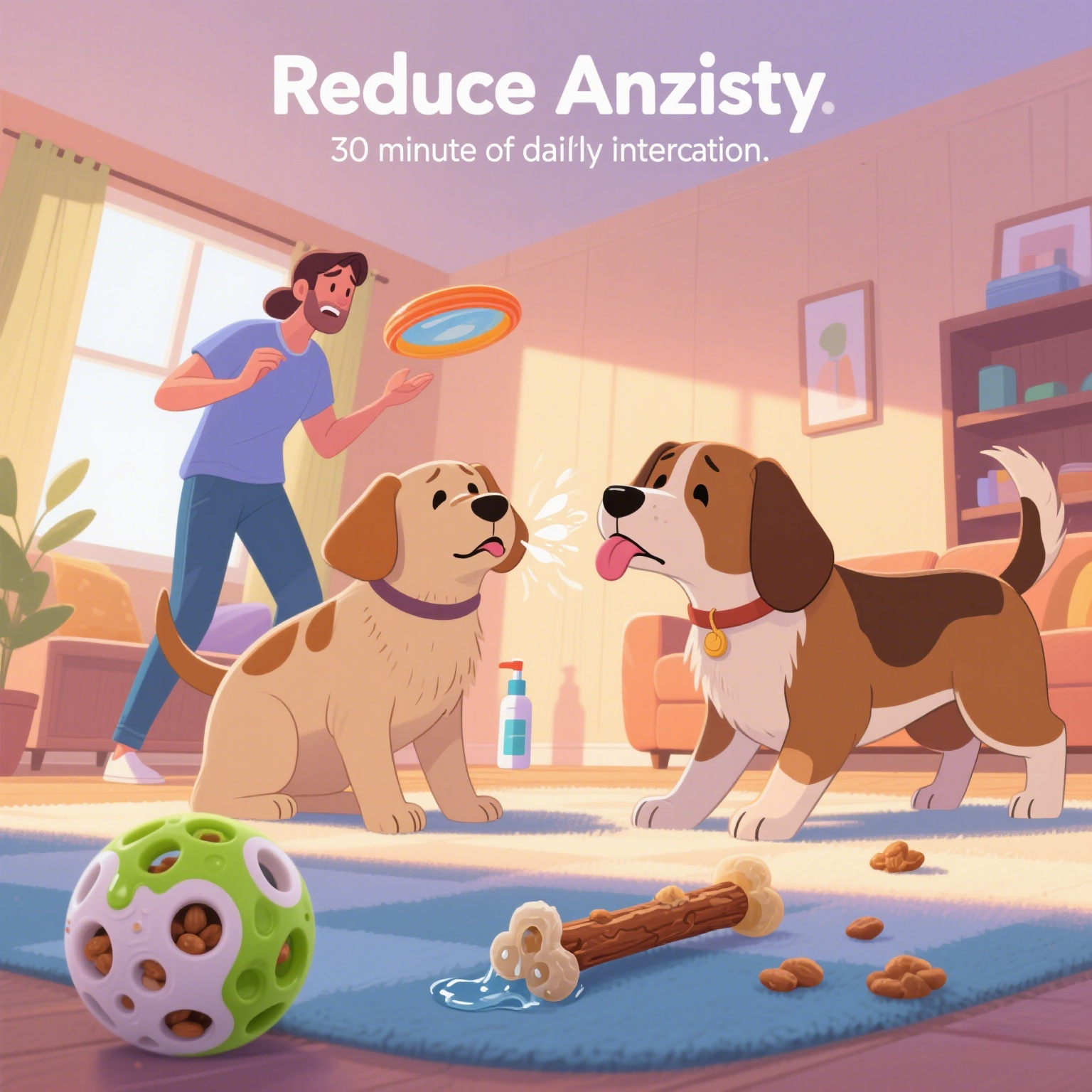
Provide educational toys (such as leaky food balls) to consume pets' energy and avoid destroying the house. Spend more time with your pet and scold less. When your pet shows anxiety symptoms such as excessive licking, you can try using pheromone spray to relieve it. To learn more about mental health, visit the "
Pet Emotion Management Guide".
